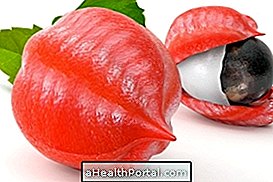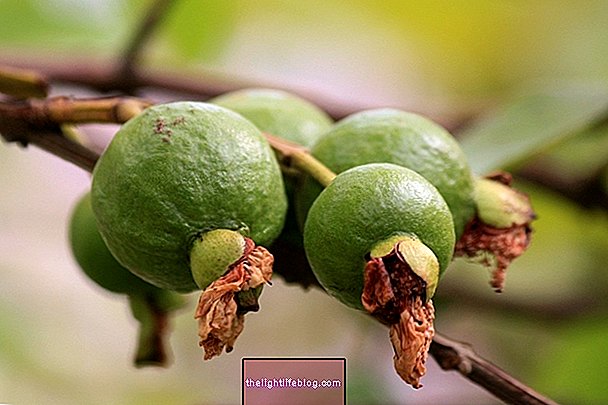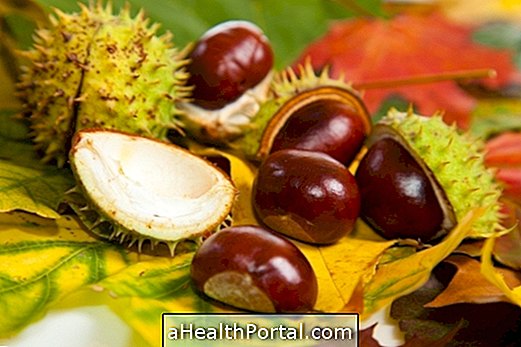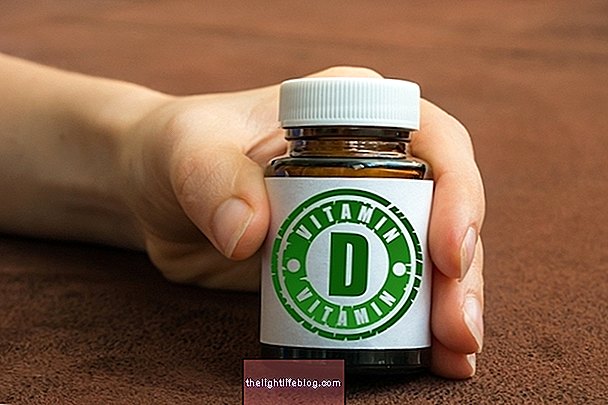Mulungu, also known as a pocketknife, parrot beak and cork tree, is a very effective medicinal plant in the treatment of stress-related psychological problems, leaving the person more relaxed to perform daily tasks due to their soothing action, tranquilizing and sedative.
Its scientific name is Erythrina mulungu and can be found in stores of natural products in the form of plant or tincture.
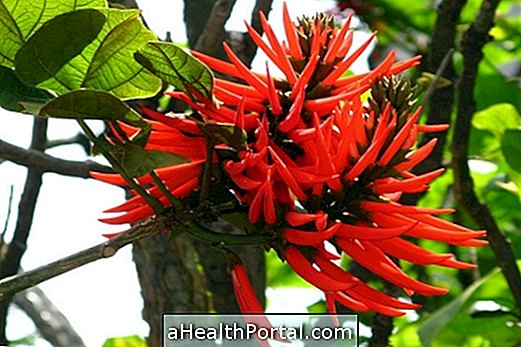
Properties and what Mulungu is for
The mulungu has several properties and can be used for several purposes, such as:
- Treatment of emotional states such as hysteria, neurosis, anxiety, agitation, depression, panic attack, epilepsy and compulsion due to its antidepressant, hypnotic, sedative and tranquilizing properties;
- Treatment of liver diseases due to its hepatoprotective properties;
- Decreased pressure due to hypotensive and diuretic effect;
- Decreased symptoms of asthmatic bronchitis due to its antiasthmatic and expectorant properties;
- Treatment of infections and inflammations, such as cystitis or gingivitis, for example, because of its antibacterial and anti-inflammatory properties.
In addition, Mulungu has analgesic, narcotic, antispasmodic and tonic properties.
Due to its calming and tranquilizing ability, mulungu is widely used to treat sleep disorders, such as insomnia, for example. See other home remedies to cure insomnia.
How to use
The part used of mulungu is its bark, which can be found in its natural form or in powder form. The seeds of this plant should not be used, since they contain toxic substances that can cause serious damages to the organism.
One way to use mulungu is through an infusion:
Ingredients
- 4g of Mulungu bark;
- 1 cup boiling water.
Method of preparation
Put the mulungu bark in the water and boil for 15 minutes and take the tea still warm, preferably 3 times a day. Avoid taking more than three days in a row. Another option of consumption is through the mulungu tea. See how mulungu tea is made to soothe.
Side effects
The side effects of mulungu include sedation, drowsiness and muscle paralysis. In addition, mulungu is contraindicated for people using antihypertensive drugs, as it can lower blood pressure and cause hypotension.


